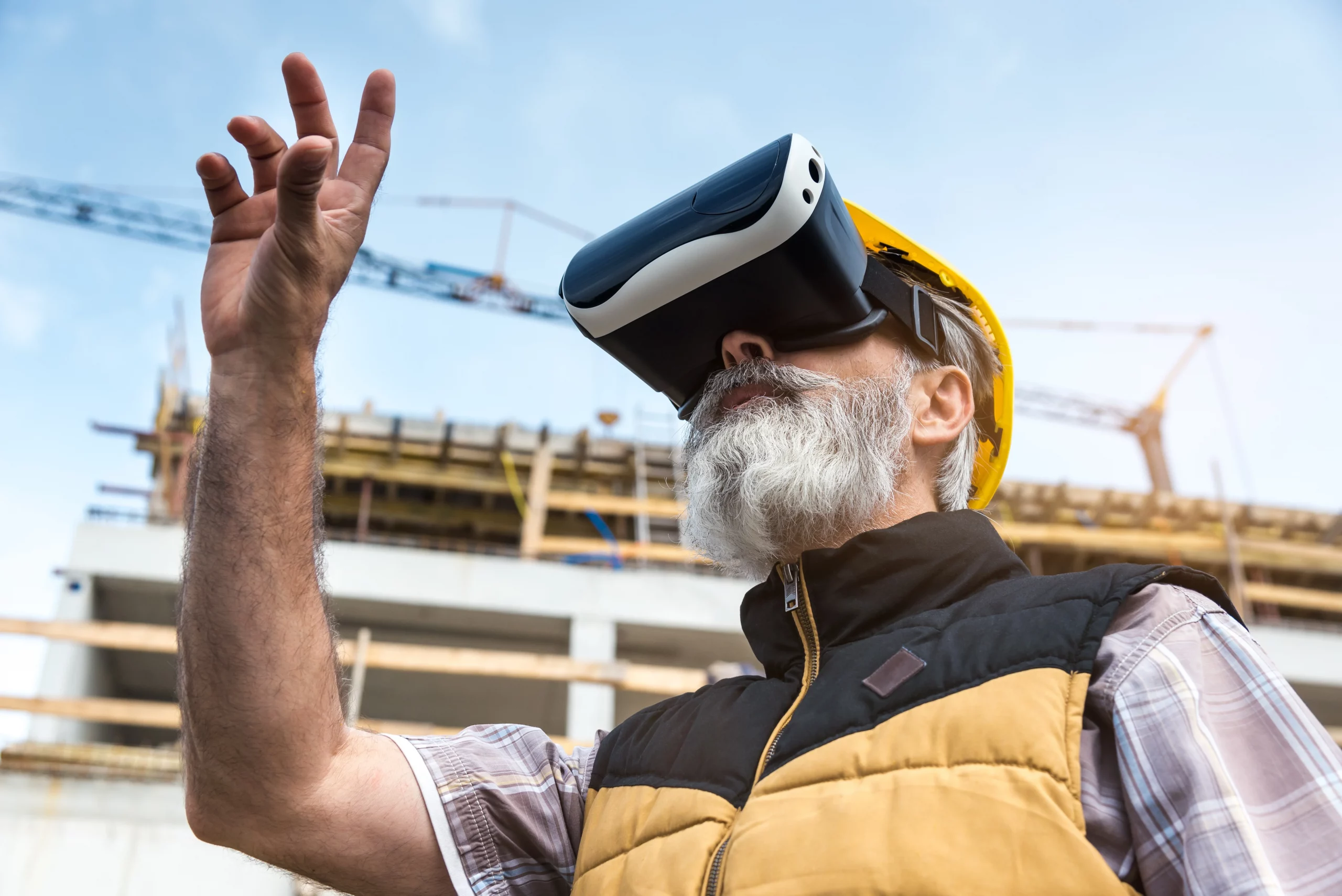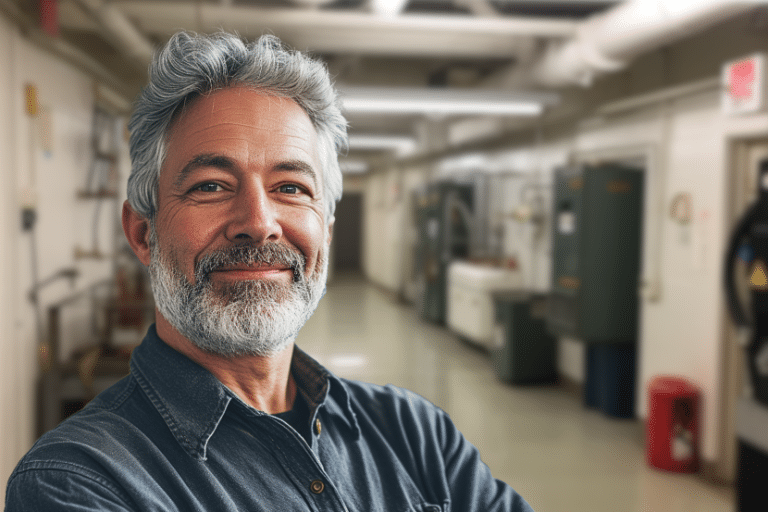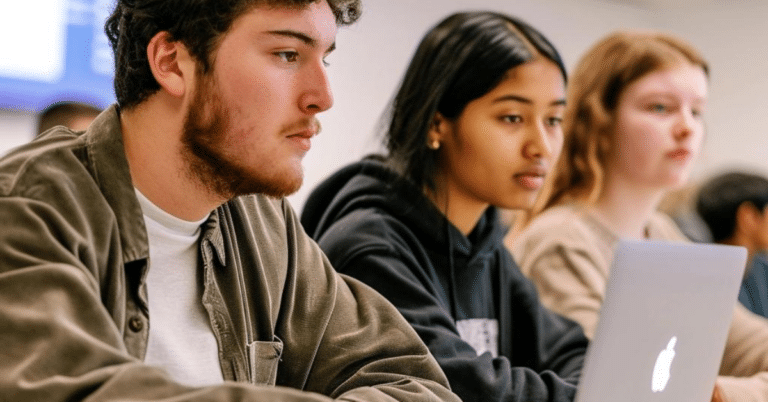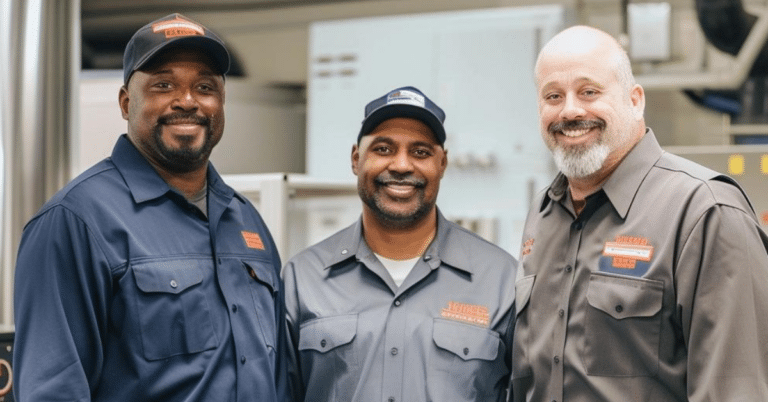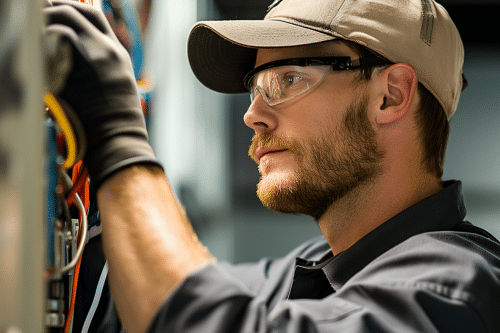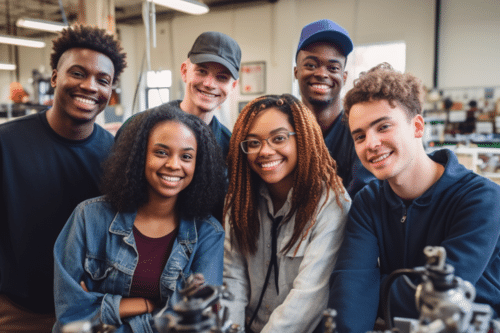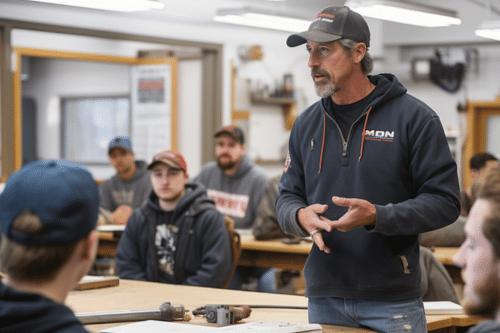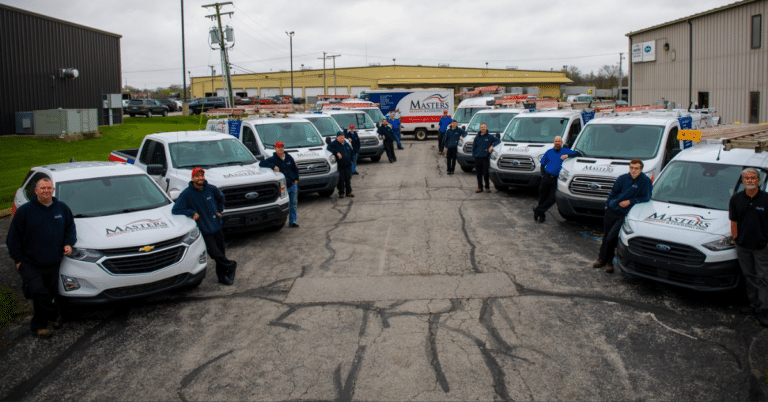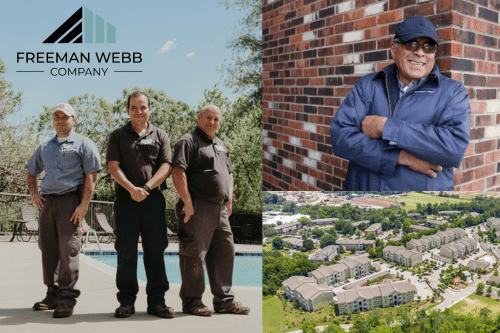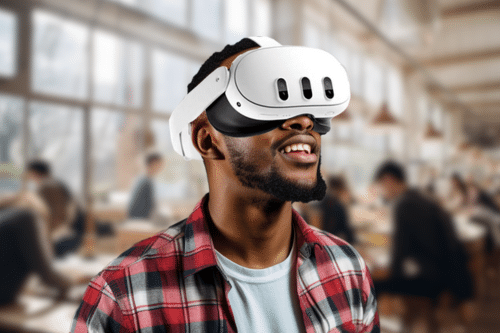Blog
[10 Case Studies] Virtual Reality Increases Training Effectiveness
All organizations train their workforce and most spend a significant time doing so. Training programs can range from informal and disorganized to heavily regimented and ...
Read More
Latest
Building and Measuring a Successful Training Program
March 18, 2024
Amplify Your Training Impact: Experts Share 3 Key Insights to Use Now
February 27, 2024
- All
- Comersive Learning
- Commercial HVAC
- Education
- Electrical
- Facilities Maintenance
- Hospitality
- Hotel Maintenance
- HVAC
- Multi-Family Maintenance
- Plumbing
- Reimagining Training
- Research
- safety
- Solar
- Voice of the customer
- Workforce Development
- workplace safety
All
- All
- Comersive Learning
- Commercial HVAC
- Education
- Electrical
- Facilities Maintenance
- Hospitality
- Hotel Maintenance
- HVAC
- Multi-Family Maintenance
- Plumbing
- Reimagining Training
- Research
- safety
- Solar
- Voice of the customer
- Workforce Development
- workplace safety
Five Steps to Implement an Effective Training Program
April 16, 2024
Facilities Maintenance
An effective training program is a strategic investment that can generate incredible results: improving performance, increasing ...
Read More
Building and Measuring a Successful Training Program
March 18, 2024
Before you start building a training program or diving into metrics, it’s crucial to identify related ...
Read More
Amplify Your Training Impact: Experts Share 3 Key Insights to Use Now
February 27, 2024
When you have more engaged, competent, and confident technicians, your business is more profitable. Designing a ...
Read More
How to Generate a Positive ROI on Your In-House Training Program
January 21, 2024
Reimagining Training
Running a profitable company requires significant investments, which must generate positive returns. While often overlooked, training ...
Read More
Ask the Expert: Improving Program Retention and Completion
January 17, 2024
Workforce Development
Heading into the New Year, you likely have goals to improve your workforce development program. But ...
Read More
Four Reasons Why Safety Training is Crucial in Facilities Maintenance
January 11, 2024
Facilities maintenance—the overall upkeep, care and management of buildings, equipment, and infrastructure—is essential to ensure everything ...
Read More
A School Leader’s Guide to Expanding CTE Access for Students
November 28, 2023
Education
A skilled trade is a transformational gift for a student. After graduating, they have not only ...
Read More
Before-the-Job Training to Boost On-the-Job Efficiency
November 28, 2023
As a leader in the skilled trades industry, one of the most important things you can ...
Read More
7 Essential Skills Every Trades Leader Should Master
November 28, 2023
As a leader in the skilled trades, there’s more to a successful career than mastering technical ...
Read More
A Tale From the Original Simulator: Master’s Heating and Cooling
November 15, 2023
HVAC
Since 1980, Master’s Heating and Cooling has been dedicated to serving the Greater Fort Wayne, Decatur, ...
Read More
There’s Never Enough Time! How Freeman Webb Uses Mobile Training to Fight Time Constraints
November 15, 2023
Multi-Family Maintenance
In a world where time is the most precious resource, finding moments to enhance your team’s ...
Read More
3 Ways to Use Simulation Training to Bridge the Gap Between Theory and Practice
November 2, 2023
Investing in training or creating a culture around training is always a smart choice for any ...
Read More
